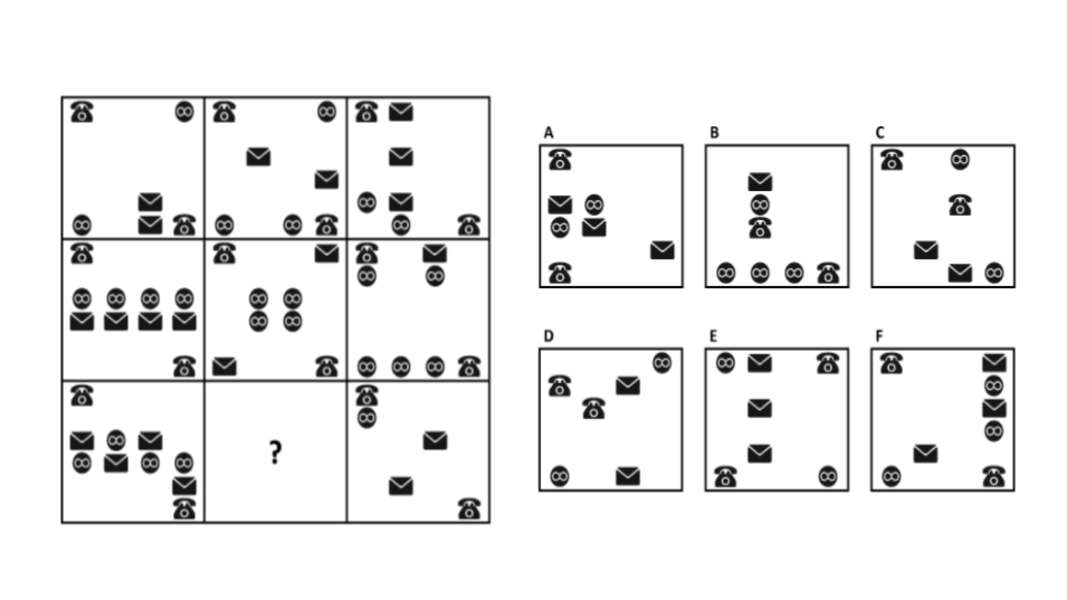Careers at RBS
RBS is focused on creating an inclusive and supportive working environment, and is considered a world leader in disability employment, diversity in the workplace, and providing accommodations for all types of working needs.
As a large company that spans multiple different sectors, there are opportunities to work for RBS in many different capacities, such as:
-
Customer service
-
Business strategy
-
Finance
-
HR
-
Control oversight and assurance
-
Front office markets
-
Counsel
All employees are offered development and learning opportunities, such as the Learning Academy, which teaches future-focused skills, and the career development programme. Through this you can take degree-level training to specialise and support your professional skills and advancement.
RBS Application Process
-
1
Online Application
-
2
Psychometric Testing
-
3
Video Interview
-
4
Virtual Assessment Centre
The RBS application process is intensive, but fairly standard for large companies with highly coveted positions. This means there is a lot of competition for every position and multiple steps designed to filter out the strongest candidates from thousands of applications.
For the graduate and intern programmes, the process looks like this:
-
Online application
-
Online testing (via Korn Ferry assessments)
-
Video interview
-
Virtual assessment centre (including further interviews)
RBS online application
The first step is to submit an online application for your desired position. The vast majority of RBS jobs don’t require a CV, but you will need to answer questions about your background experience.
Try to be thorough and specific with examples of how your work and educational history makes you the best candidate for the role. This will help with applications that are scanned against desired qualities.
RBS jobs are reviewed on a rolling basis and positions often filled before the closing date, so it is in your best interest to get your application in for a job as soon as possible after the position has been posted.
RBS also recommends doing your application on a laptop or desktop PC, rather than a phone or tablet, as some parts of the application – such as the online testing – do not work on mobile devices.
RBS Aptitude Tests
RBS situational judgement test
Once you have submitted an application, you will be automatically sent an invite to take a situational judgement test. These tests present you with hypothetical workplace scenarios and ask you to choose a response to the situation which most closely reflects the one you would do.
Employers like to give situational judgement tests to assess whether candidates would be a good fit for the company culture and environment.
Although you cannot revise for situational judgement tests because they require no prior knowledge, you can improve your performance by practicing, and researching the company values to get a good understanding of the kind of person RBS is looking for.
RBS numerical reasoning test
If you score well on the situational judgement test, you will be invited to take a numerical reasoning test. These are important because they show you how well you work with numerical information, a critical skill for many positions in the banking and financial sector.
Many numerical reasoning tests are difficult because you are given a very short time restriction in order to show your speed and accuracy when working with data.
RBS uses Talent Q numerical reasoning tests, which usually have 12 questions and around 70 to 90 seconds per question. This may seem daunting, but by doing plenty of numerical reasoning practice, you can significantly improve your performance.
To progress with the application you must score in at least the top 50% of candidates, meaning that it is vital to do your best on these tests.
RBS logical reasoning test
At the same stage as the numerical reasoning test, you will be invited to take a logical reasoning test. This is another type of psychometric test that assesses your critical thinking skills more than any kind of prior knowledge, showing RBS how skilled you are at thinking conceptually and analytically.
RBS also uses Talent Q logic tests, which have 12 questions and are in the style of diagrammatical reasoning. This means that you will be presented with abstract shapes and asked to identify patterns, errors and inconsistencies in the sequence of the shapes.
For these tests, you will also get around 75 seconds per question and many candidates find the questions quite difficult because of the abstract nature. The best way to improve your speed and accuracy is to do plenty of practice.









